What did I do before coming to LIS, and why did I decide to pick this degree?

I came to LIS straight after taking my A-levels. We were the year that had only just started sixth form when covid hit and spent the latter half of Year 12 doing online classes under lockdown. At A-levels I studied geography, art, and physics; I also did an EPQ on, rather fittingly, how Covid-19 impacts different workspaces. I still remember the looks on teachers’ faces when they would ask ‘What subjects did you pick?’ and my response incorporated a humanity, arts, and science-based subject, rather than fitting the more specified mould presented in the carefully sectioned subject blocks. Somehow not picking subjects that reflected the model of narrowing down your breadth from GCSEs, and to help guide your path to university, an apprenticeship, a job, or whatever you ended up choosing, was surprising to them.
Sometime in and amongst covid, UCAS and university was introduced to us, got somewhat lost and ignored in the uncertainty, and we were then reminded of the looming deadlines at the start of Year 13. I never had a major interest in going to university, I wanted to get out into the world and start “doing”, but with one problem – doing what? I had no clue how to figure this out, and because of that, even less enthusiasm to do it. Did I pick a subject and go to uni to study like everyone else seemed to be doing? Where would I go after an art foundation course? How did apprenticeships work? What would I do on a gap year?
Because my school wanted us to do our UCAS application, I went along with the process – very, very reluctantly. Everyone seemed far more motivated and on top of it than I did; I had friends who were picking a university based on which one offered the masters they wanted to take afterwards, and I wasn’t even sure about going to university, let alone which subject to study, where to study it, or what to do next.
I liked all of my subjects and their corresponding areas; not only did I not know how to pick just one of them, I didn’t want to have to; although I realise I was lucky to be in the position where I didn’t necessarily have to decide this either. I knew I wouldn’t enjoy studying one thing only for three plus years, to then do a career in it after, and I was being stubborn about that. But I had to start somewhere.
I have been passionate about art and design since I was young, exploring its different avenues, but even within this I was struggling to pick just one direction. I looked into product design courses and apprenticeships, but there was nothing suitable there from my unguided searched and ignorance about how university worked. I found physics fascinating, but I only considered this as an option for a few weeks, writing it off as a possible contender. Geography to me was a combination of enjoyment and curiosity, and it seemed like a good place to start; it was as real world and broad as I could get. You could do human geography, or physical geography, but either way you were looking at the world. It felt like a project; incorporating design, contested stakeholder views, and the planets future – and I had enthusiasm for this.
I researched the best places to study geography, correlating this with student satisfaction – an important factor for me as someone who didn’t want to go to university and knew a single-subject based degree would require a level of perseverance. In the end, I narrowed it down to four human geography-focussed degree options, and one that looked at global challenges (that seemed more intriguing – more tangible and present than just subject
knowledge), with a range of entry requirements. I crafted my personal statement and pressed apply on the UCAS application.
Once I had applied, I started receiving emails from the universities, but I had such worry for the whole process of achieving offers and knowing what to do with my life, that I didn’t read the emails for weeks, only opening them when panicking I had missed an interview request or a deadline (to anyone who knows me, this is unfortunately not a surprising occurrence when it comes to receiving results, but it accurately portrays my apprehension for this process).
It wasn’t until quite a few weeks later that I found out about LIS, completing the application and interview fairly late in the academic year.
So why LIS?
Everyone at LIS has a different story about how they discovered this uni, and mine took place in a carpark after school one day talking to my parents about an email they had received. My school partnered with a company that would send emails to parents about advice and opportunities for students, and towards the bottom of this one particular email, something had caught their eye that matched my interests. A new university in London, focussed on problem solving, that not only didn’t deny you the chance to keep the breadth of your interests, but emphasised the importance of it. Why hadn’t I come across earlier?
It turns out no-one at my school knew either, but I went through the application process myself, yet this time without the same overwhelming feeling or looming fear. Although no-one else I spoke to knew anything about it, I enjoyed going to the offer-holder days and being around people on such different journeys but who all seemed to share the same feeling about university.
There were a number of things that appealed to me about LIS, but to summarise, these are the deciding factors in why despite being so against going to university originally, I ended up wanting to study here.
For one, this degree did not force me to pick one subject and stick with it. It didn’t limit my options in what I could study or what I could do after the degree; and in doing so it opened doors rather than closing others.
Secondly, this degree was actionable; we weren’t just learning information, we would be creating change, working on real problems, with real people, and doing this as we studied not just once we graduated. I wanted to make the most of these three years in education, to use that time to its potential, no matter how small, and I liked that LIS had this mindset too.
Thirdly, the method modules. LIS didn’t just offer disciplinary, content-based learning, but shared the time by teaching methods – how we can apply what we learn to a problem, and in our future. Acquiring these skills not only appealed in the practical sense, but in the advantage it offers when approaching tasks post-graduation.
Fourthly, they sounded like real people. Contacting LIS meant receiving an email from someone I could see on the website, got to speak to at events, and responded with helpful advice. I felt like I could actually ask questions. Yes, this was largely more practical because of the scale in being a new university, but when taking the risk of accepting an offer, it really eased any concerns, and I certainly wasn’t experiencing the same worry as I had with the previous applications.
And finally, the internships. LIS placed heavy emphasis the value in doing an internship after every year on the course and offered to aid us in the process of attaining this. The sense of continued support and not being left to my own device in an area I really knew nothing about, resonated highly with me. I could tell this uni cared about the afterwards just as much as the degree and saw the value in what we could do with our time now.
LIS changed my mind about university, and I hope that anyone feeling the same way I did can see that there is somewhere that will suit them and their interests, perhaps this is even LIS.
Who knows where I would be right now if I hadn’t followed up on a short advert about a new university that somehow encapsulated everything I wanted a degree to be but couldn’t find. But I know that I wouldn’t have gotten the opportunities, re-discovered my passions or become half of who I am today if it wasn’t for the time I have spent at LIS so far, and all that I have learnt both academically and through the experience of being at a new university, in London, tackling global problems with people sharing this mindset. In all its uncertainty, this journey has brought me immense value.
Share this story
Sign up for our newsletter
Don't miss out on important updates including course information, new announcements, Open Day dates and the latest LIS news.

.jpg)
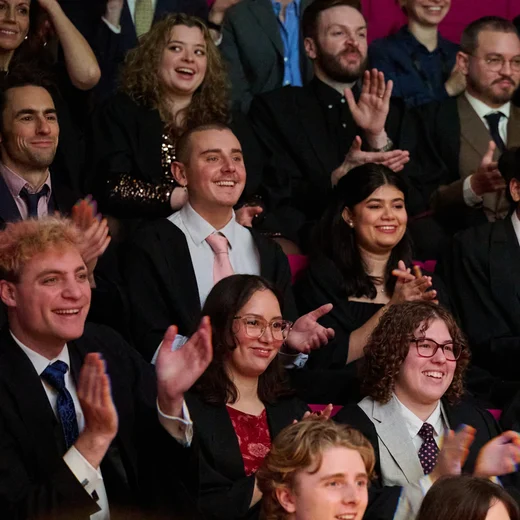


































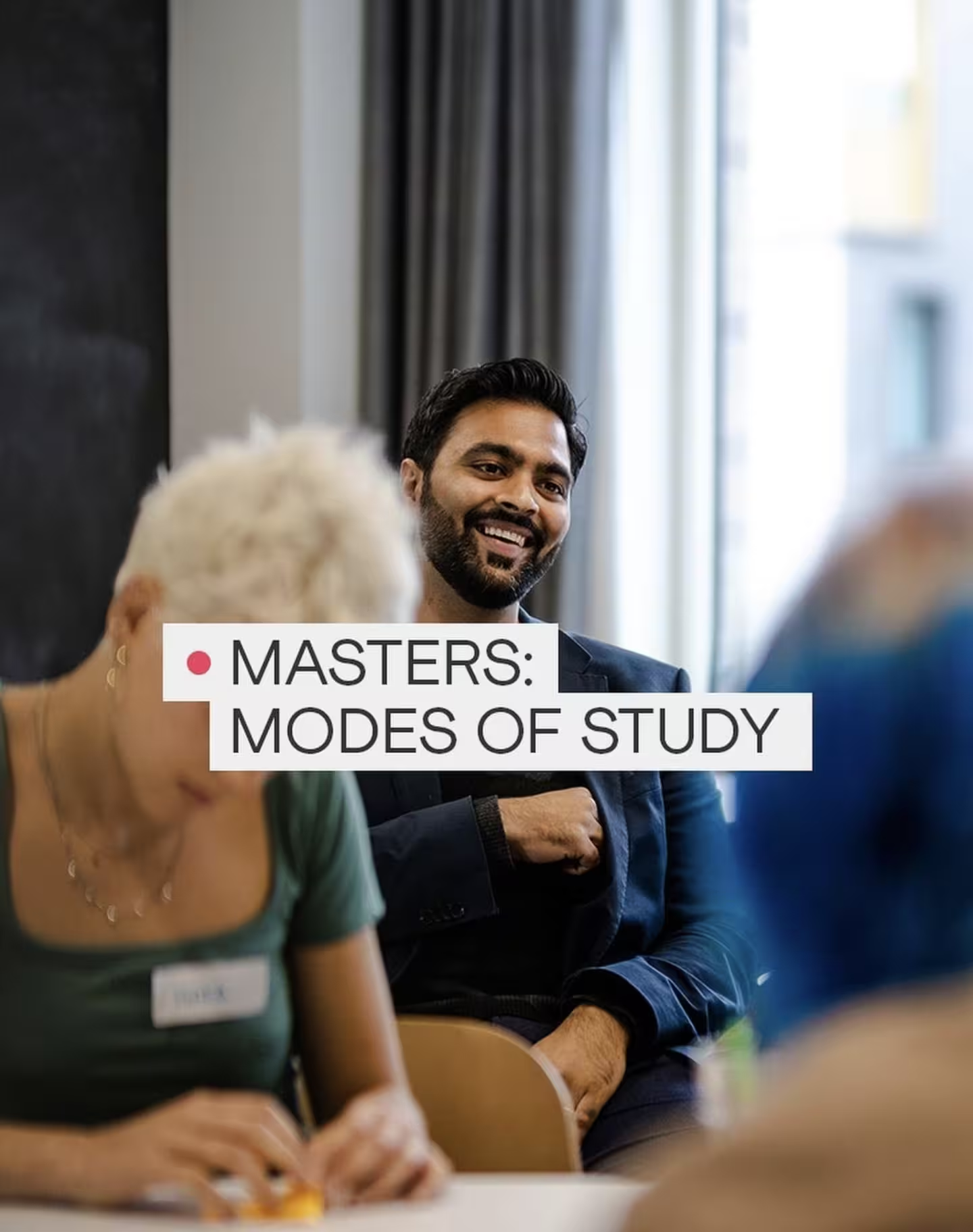
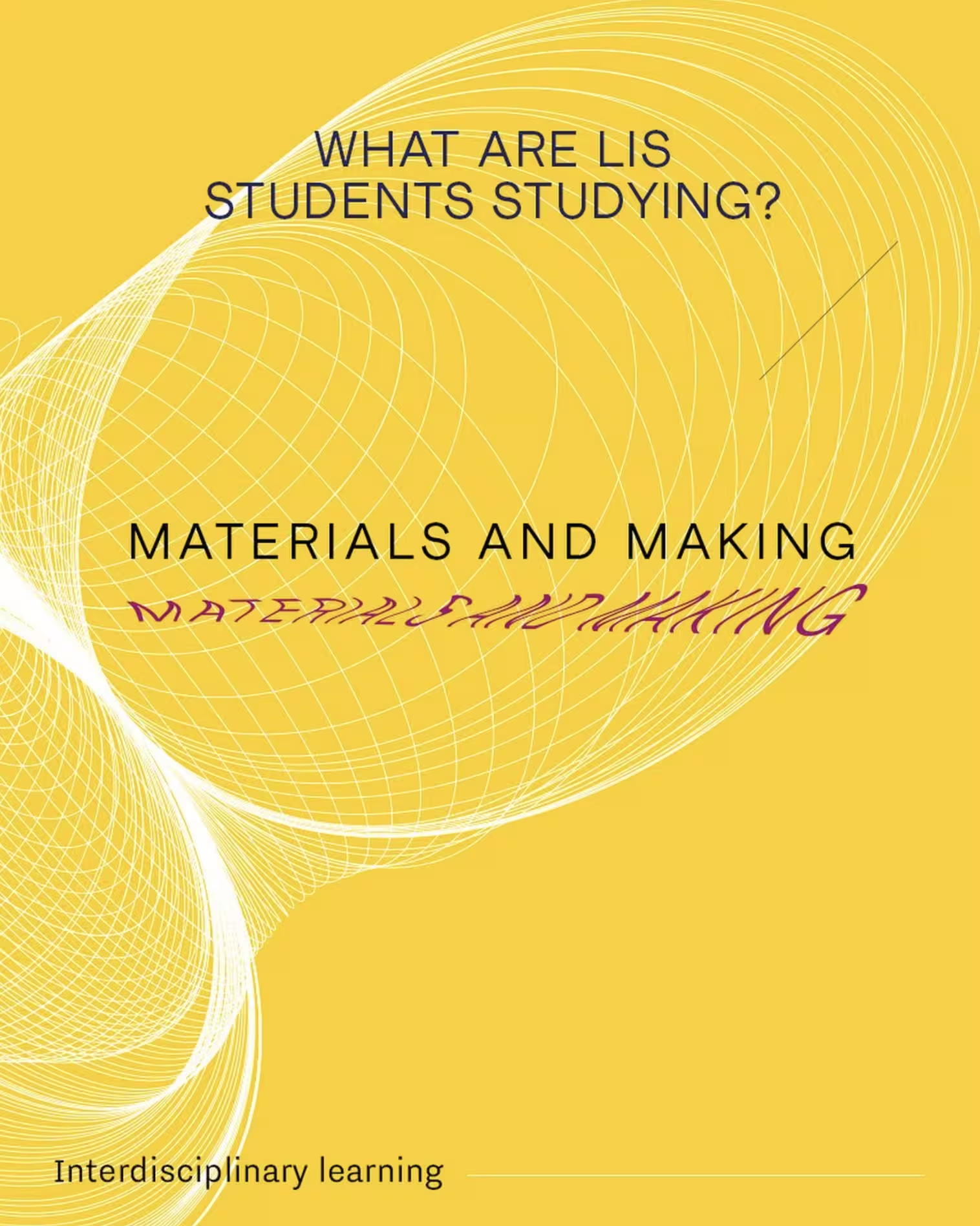
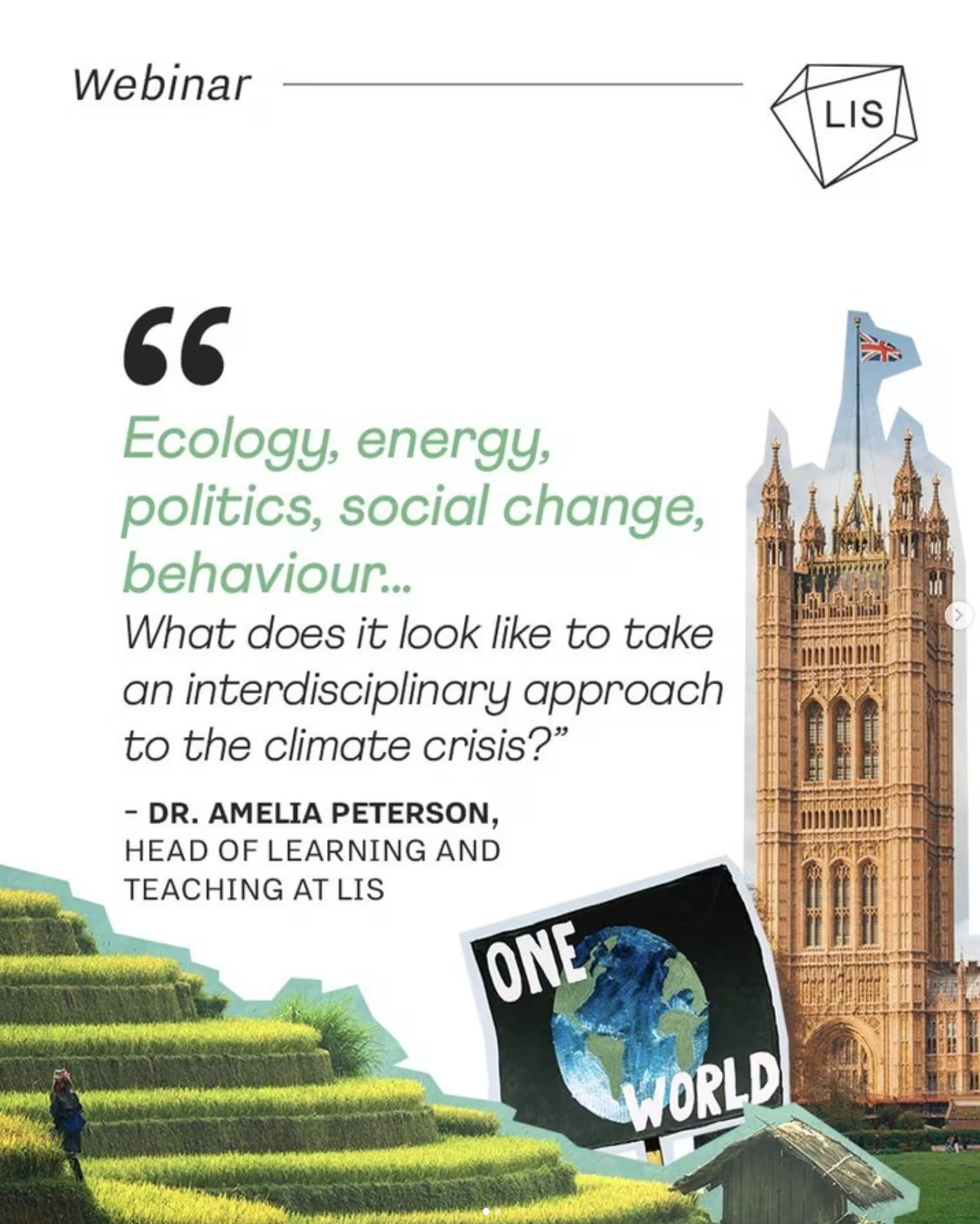






.svg)

.svg)
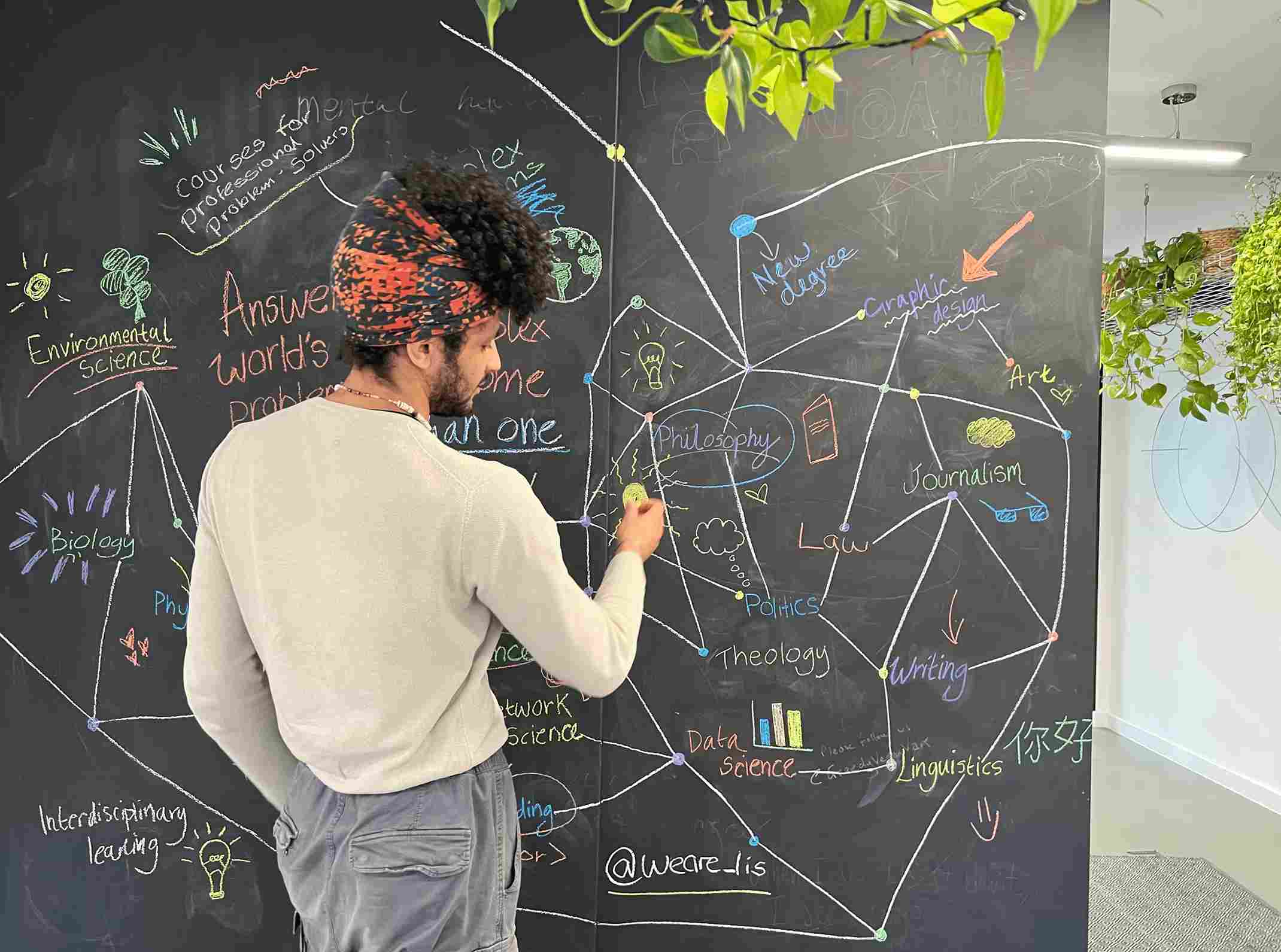







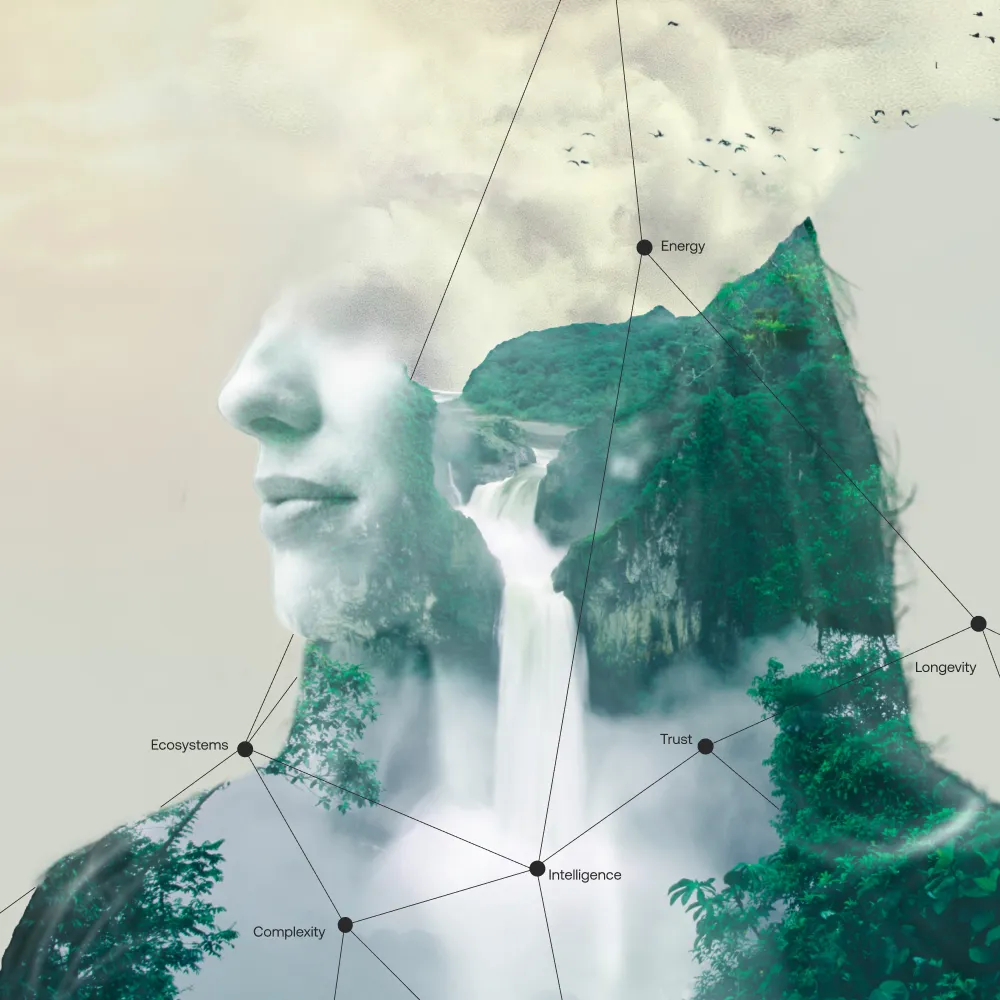
.webp)
This is a comment related to the post above. It was submitted in a form, formatted by Make, and then approved by an admin. After getting approved, it was sent to Webflow and stored in a rich text field.